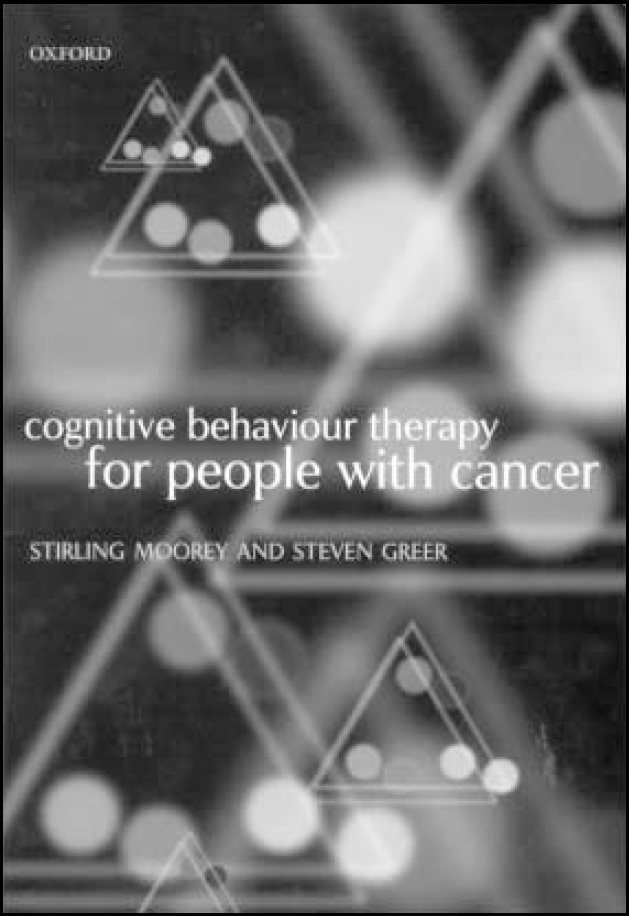
Psycho-oncology is a rapidly growing sub-speciality, and this book should be an extremely useful aid to those involved in, or connected to, the subject. It is described in the foreword as a new edition of a previous book, Psychological Therapy for Patients with Cancer: A New Approach (Moorey & Greer, 1989), but it has been substantially rewritten and updated.
Within the covers of a commendably short book the authors provide: a concise account of cognitive theory; an overview of the current evidence base of psycho-oncology; a description of the adaptation of CBT (cognitive-behavioural therapy), termed APT (adjuvant psychological therapy), for people with cancer, and practical descriptions of the application of APT in a variety of situations. The information is presented clearly, and is a pleasure to read.
Much of the material in the book will be familiar to experienced CBT therapists, who may feel that detail is either lacking or superficial. On the other hand, oncologists and other professionals working in oncology may well feel that it is too specialised to be of use to them. My main concern is therefore: does the book fall between two stools? Hopefully not: this is a handy text that should prove useful to a variety of professionals. Oncology nurse specialists, liaison nurses, liaison psychiatrists, health psychologists, and CBT therapists who only occasionally work with people with cancer are just some of the groups who may benefit from this book. Anyone negotiating with service commissioners may also find it a handy reference.
The techniques described in the book are mostly equally applicable to people with other serious, chronic or terminal physical illnesses, but this is not a point made in the book. Inadvertently, therefore, the book could be seen as giving the message that psychological responses to cancer, and subsequent therapeutic interventions, are somehow peculiar to cancer. It would be unfortunate if this book rein-forced such a misapprehension, already prevalent among some colleagues in medicine.



eLetters
No eLetters have been published for this article.